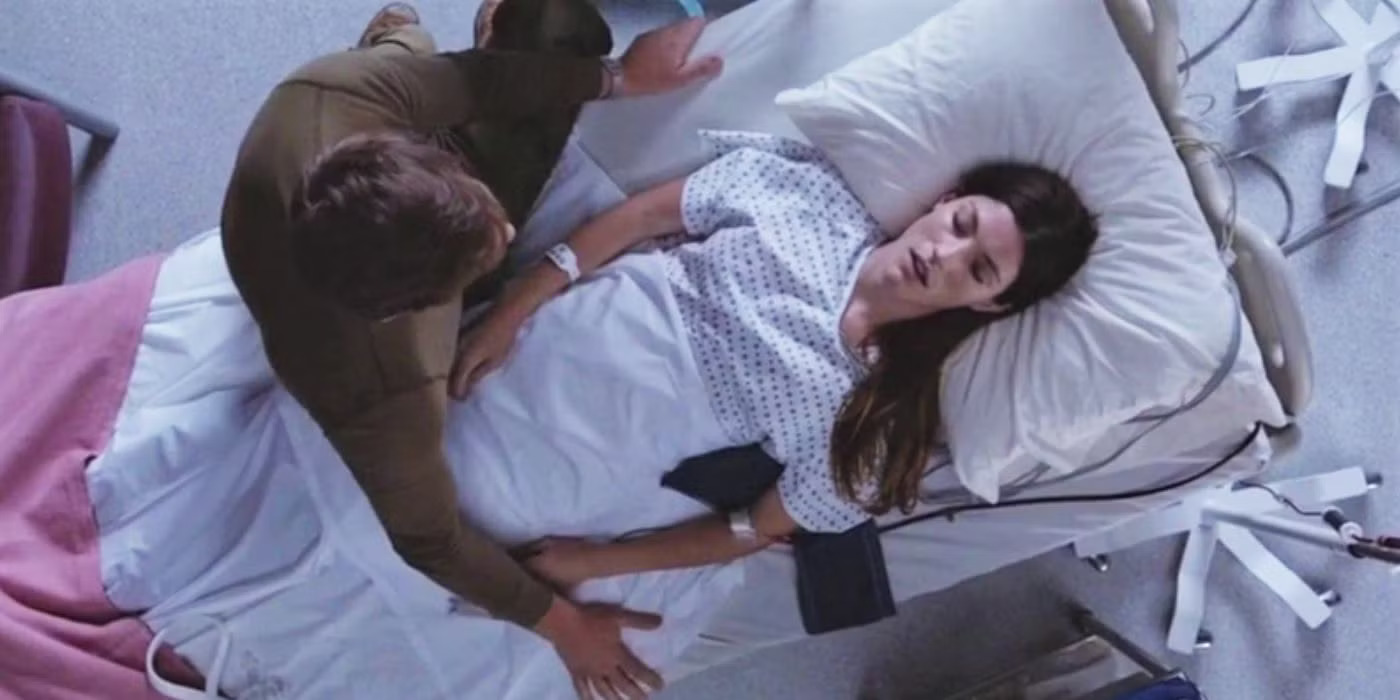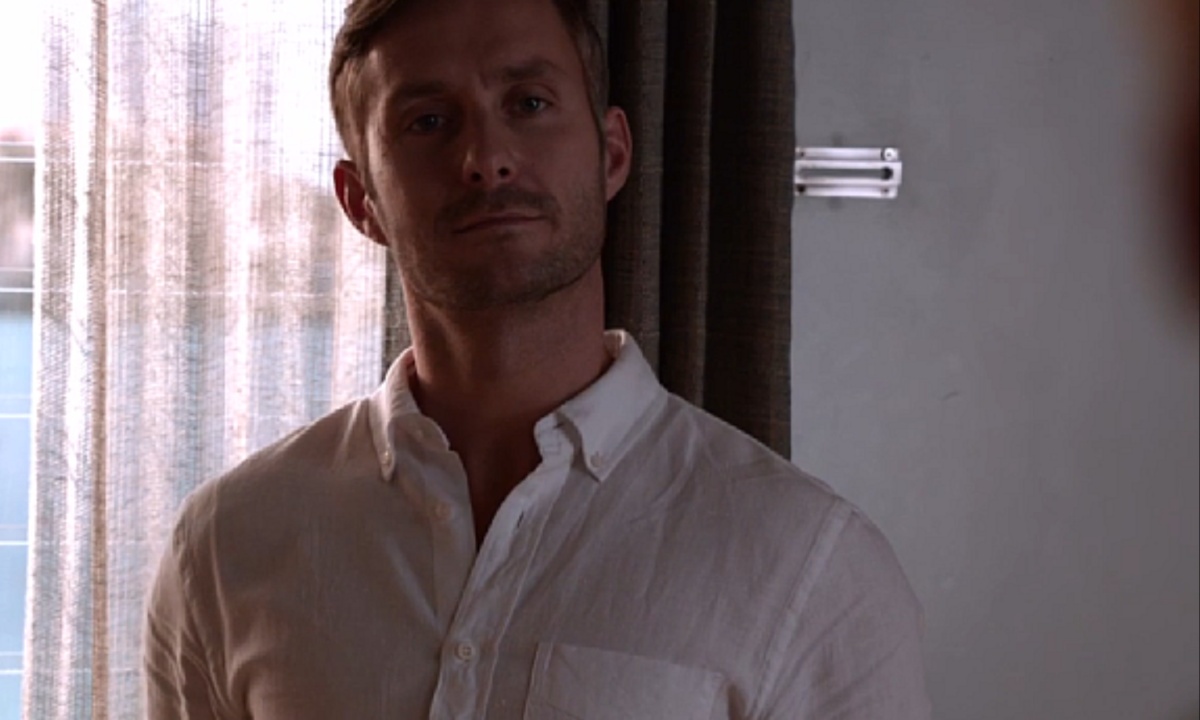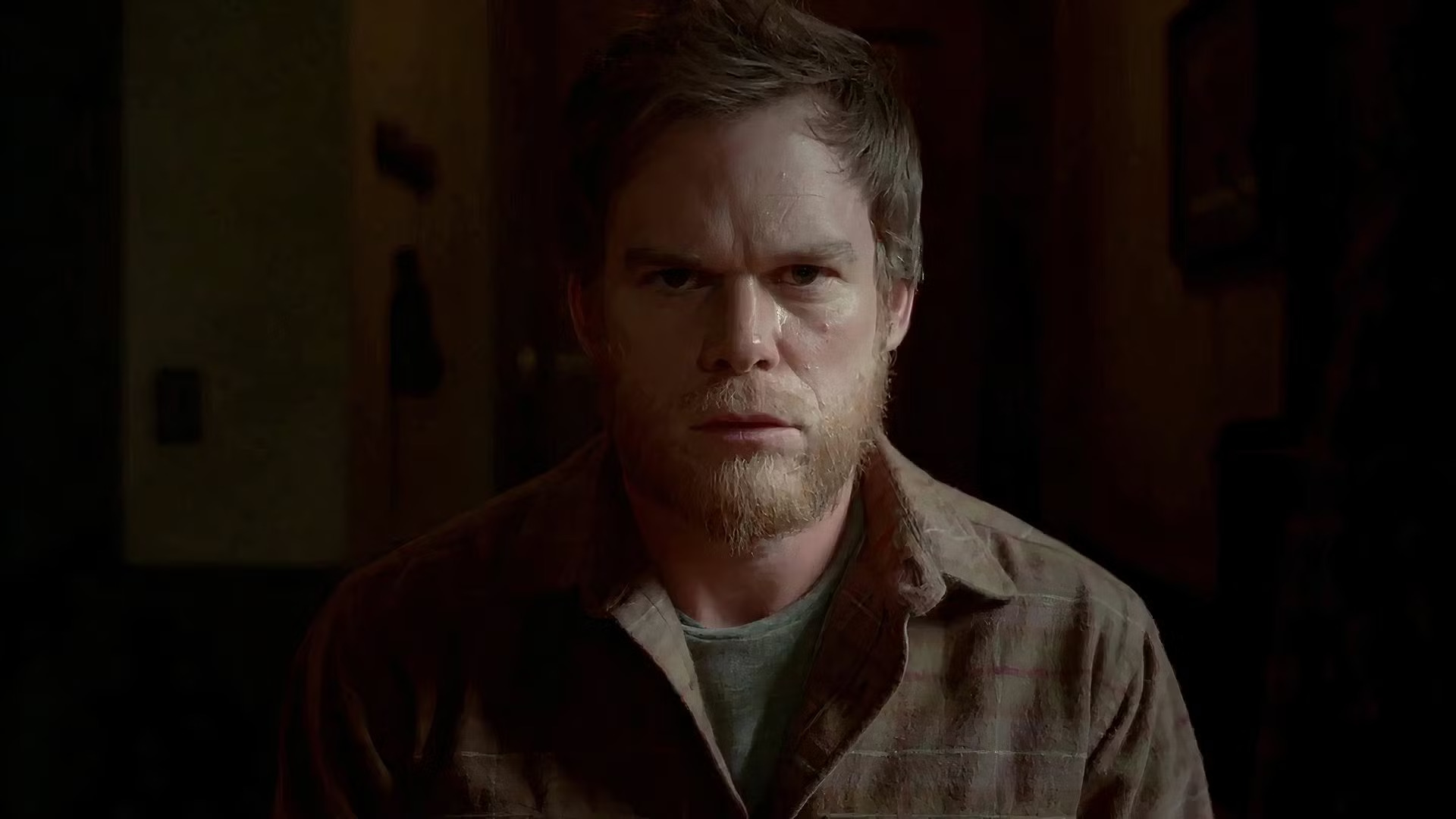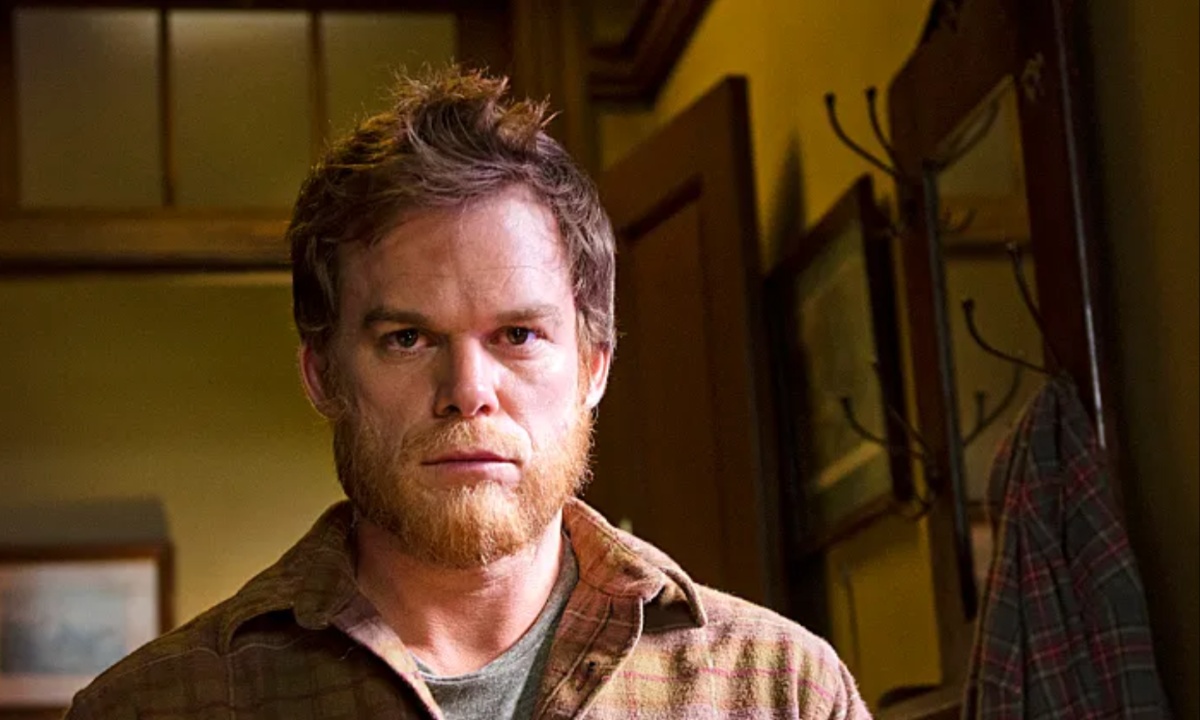The 2013 finale of Dexter stands as one of television’s most controversial conclusions. Across eight seasons and 96 episodes, audiences followed Dexter Morgan, portrayed by Michael C. Hall, as he lived a double life. By day, he was a skilled blood-spatter analyst for the Miami Metro Police Department, solving grisly crimes with scientific precision.
By night, he became a vigilante serial killer, hunting those who had escaped justice. What made Dexter unique was his unwavering adherence to a moral code instilled by his adoptive father, Harry Morgan—a set of rules that ensured he only killed those who were undeniably guilty. This dynamic exploration of morality and justice engaged viewers throughout the series, but its divisive finale left many disappointed and conflicted.
Debra’s Death and Dexter’s Isolation
The show’s final episodes marked a significant departure from its earlier tone and storytelling. In the finale, Dexter’s life fell apart following the tragic death of his sister, Debra Morgan. Debra had been a constant in Dexter’s life, supporting him through his darkest moments, even after discovering his secret.
In the series’ final act, Dexter made the heart-wrenching decision to take Debra off life support after a botched surgery left her in a permanent coma. This act of mercy symbolized the ultimate collapse of Dexter’s personal and moral framework.

However, Debra’s death wasn’t solely the result of her injuries. Dexter’s inaction earlier in the season—choosing to spare Oliver Saxon, the man who shot Debra—set the stage for her demise. Saxon’s actions, combined with Dexter’s uncharacteristic hesitations, led to a series of events that Dexter could not control.
Despite managing to evade capture for dozens of murders throughout the series, Dexter’s inability to protect Debra marked his ultimate failure. Her death left him with a profound sense of guilt and isolation, driving him to abandon his life in Miami.
Throughout season 8, Dexter and Hannah McKay, his romantic partner introduced in season 7, dreamed of starting over in Argentina. This plan included taking Dexter’s young son, Harrison, with them. Their vision of a fresh start represented a rare moment of vulnerability for Dexter. Typically guided by logic and calculation, Dexter allowed himself to think with his heart for the first time. This emotional shift inspired him to resign from the Miami Metro Police Department, signaling his desire to leave his dark past behind.
However, Dexter’s growing attachment to Hannah introduced complications. His love for her made him more reckless, leaving gaps in his carefully constructed facade. As Dexter became less meticulous, investigators like Jacob Elway began to close in on him and Hannah. The dream of a peaceful life in Argentina became increasingly tenuous as Dexter’s actions spiraled out of control.
Oliver Saxon: A Villain Without Morality
One of the most compelling aspects of season 8 was the introduction of Oliver Saxon, also known as Daniel Vogel. Saxon was a cold-blooded killer who committed one of the series’ most shocking murders—killing his own mother, Dr. Evelyn Vogel, in front of Dexter. Dr. Vogel was a pivotal figure in Dexter’s life, as she had helped Harry Morgan design the code that governed Dexter’s actions.
Unlike Dexter, who operated within a moral framework, Saxon was devoid of empathy or humanity. His lack of moral constraints made him the perfect foil to Dexter. Their rivalry highlighted the key difference between them: while Dexter could love and form genuine connections with people like Debra, Harrison, and Hannah, Saxon was incapable of such emotions. This dynamic came to a head in the finale when Dexter confronted Saxon, ultimately realizing that their similarities were only surface-deep.

In one of the series’ most intense moments, Saxon presented Dexter with a choice: walk away and leave him alone or face the consequences. Despite promising to spare Saxon, Dexter was bound by Harry’s code and his own compulsions. Allowing Saxon to live would have violated everything Dexter believed in, especially after witnessing Saxon’s brutality firsthand.
Dexter’s inability to walk away stemmed from two key factors. First, Harry’s code compelled him to eliminate Saxon to prevent further harm. Second, Dexter’s own sense of justice and need for control made it impossible for him to let Saxon go. While Dexter’s decision to confront Saxon was in line with his moral code, it set off a chain of events that would lead to his downfall.
Debra’s unwavering loyalty to Dexter ultimately became her undoing. Despite discovering his dark secret and grappling with the implications, Debra continued to stand by her brother. In the final season, Dexter attempted to help Debra rebuild her career by leaving Saxon alive for her to apprehend. He hoped this would allow her to reclaim her status within the Miami Metro Police Department.
Unfortunately, Dexter’s plan backfired catastrophically. Saxon escaped custody and shot Debra during a confrontation. Although she initially survived the attack, complications from surgery left her in a vegetative state. Dexter’s decision to take her off life support and dispose of her body in the ocean was a poignant and devastating moment, symbolizing the loss of the person who had always been his anchor.
The End of Dexter’s World
With Debra’s death, Dexter’s life completely unraveled. Instead of reuniting with Hannah and Harrison in Argentina, he chose self-imposed exile. Convinced that his presence brought harm to everyone he loved, Dexter steered his boat into a hurricane, seemingly intending to end his life. However, the final scene revealed that Dexter had survived and was living a solitary life as a lumberjack under a new identity.
This twist, rather than providing closure, left viewers feeling unsatisfied. Dexter’s survival felt like a betrayal of the narrative arc that had been building throughout the series. By avoiding accountability for his actions, the finale undermined the moral complexity that had defined Dexter’s character.
The Dexter finale was met with widespread criticism from fans and critics alike. Many felt that the final episodes abandoned logic and coherence in favor of hastily wrapping up the story. The decision to let Dexter live was particularly contentious, as it denied the audience the catharsis of seeing him face justice or redemption.
The final image of Dexter as a lumberjack became emblematic of the series’ decline. What had once been a groundbreaking exploration of morality and justice ended on a note that felt disconnected from the show’s earlier brilliance. Over time, the finale’s reputation only worsened, with some arguing that it retroactively tarnished the entire series.

In 2021, Dexter: New Blood attempted to address the shortcomings of the original finale. This limited series explored Dexter’s life in hiding and his relationship with his now-teenage son, Harrison. Unlike the original series, New Blood portrayed Dexter as a more morally ambiguous figure, blurring the lines of his code.
The sequel series culminated in Harrison killing Dexter after realizing that his father had become the very monster he claimed to hunt. While this ending provided a more definitive conclusion, it failed to fully redeem the franchise. Critics argued that New Blood suffered from similar issues as the original finale, prioritizing a predetermined outcome over compelling storytelling.
Ultimately, Dexter remains a divisive franchise. While its early seasons were hailed for their innovative storytelling and complex characters, the final episodes left many viewers feeling disappointed. The original finale and New Blood both struggled to provide the closure fans craved, leaving the legacy of the show as a topic of ongoing debate.
For better or worse, Dexter has cemented its place in television history as a series that dared to push boundaries—even if it stumbled at the finish line.



